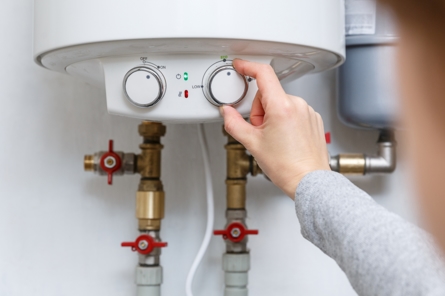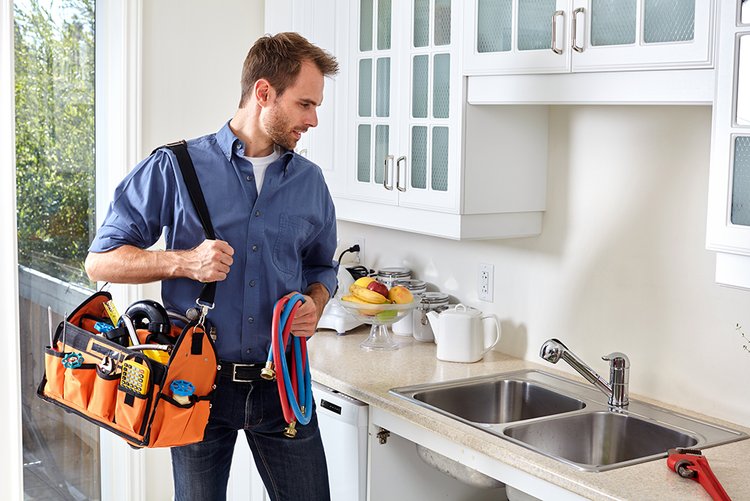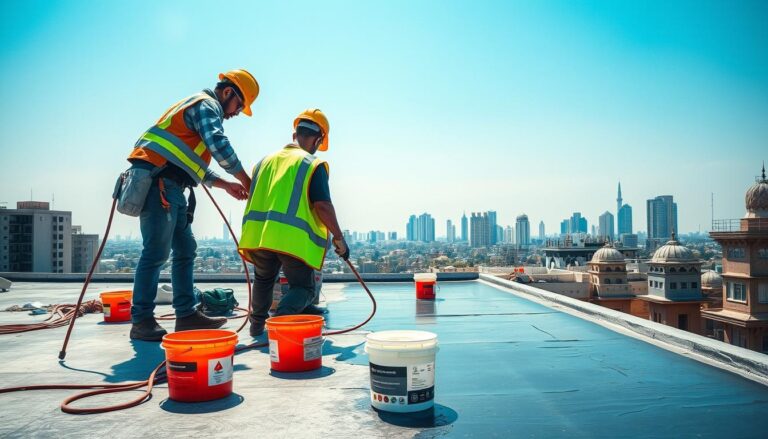The Importance of Proper Water Heater Installation for Long-Term Efficiency
A water heater is essential in every home, providing hot water for daily tasks such as showering, washing dishes, and doing laundry. While many people focus on the type and size of the water heater when purchasing one, the installation process is equally important in ensuring the unit functions efficiently and lasts for years. Proper water heater installation in Round Rock is crucial for the system’s performance, safety, and energy efficiency. We will explore why a well-executed installation is key to a water heater’s long-term success and how it impacts the overall functionality of your home.
Benefits of proper water heater installation
- Ensuring Correct Sizing for Efficiency
One of the key components of a successful water heater installation is ensuring that the unit is appropriately sized for the household’s needs. A water heater that is too small will need to be bigger to meet the demand for hot water, leading to frequent shortages and inefficient operation. On the other hand, a too large unit may result in unnecessary energy consumption, as it heats more water than is needed. Proper sizing is determined by the number of occupants in the home, the amount of hot water used daily, and the type of water heater installed, such as a tankless or storage model. By carefully selecting the right size and ensuring it fits the household’s requirements, homeowners can achieve optimal efficiency and avoid overloading or underutilizing the system.
- Safety Considerations During Installation
Water heater installation involves more than just connecting the unit to the plumbing system; it also requires attention to safety protocols. A poorly installed water heater can pose several risks, including leaks, electrical hazards, or gas line issues, depending on the type of system. For example, gas water heaters must be properly vented to prevent the buildup of carbon monoxide, which can lead to serious health risks if not managed correctly. Similarly, electric water heaters need to be wired safely to avoid electrical shorts or fires. During installation, it is important to ensure that all connections, whether for water, gas, or electricity, are secure and meet local building codes and safety standards. A well-installed water heater minimizes these risks and ensures the unit operates safely for years.
- Maximizing Energy Efficiency and Lowering Costs
Proper installation plays a significant role in the energy efficiency of a water heater. An incorrectly installed unit may consume more energy than necessary, leading to higher utility bills and a reduced system lifespan. For example, suppose a water heater is installed in an uninsulated or poorly ventilated area. In that case, it may lose heat more quickly, causing the system to work harder to maintain the desired water temperature. Additionally, improper insulation of water lines can result in heat loss, which forces the water heater to use more energy to compensate. A proper installation includes ensuring that the water heater is placed in an optimal location and that any necessary insulation or ventilation is provided to reduce energy waste. This not only saves money in the long run but also extends the life of the appliance.
- Preventing Leaks and Water Damage
A significant concern during water heater installation is the potential for leaks, which can cause extensive water damage to the surrounding area. Leaks can occur if the connections between the water heater and the plumbing system are not properly sealed or if the pressure relief valve is not installed correctly. Over time, even a small leak can lead to water damage in walls, floors, or other parts of the home, potentially resulting in costly repairs. Proper installation ensures that all components are securely connected and that the water heater is equipped with features like a drip pan and proper drainage to prevent leaks from causing serious damage. By taking these precautions, homeowners can avoid the headache and expense of water-related repairs in the future.
- Ensuring Compatibility with Existing Systems
Another important factor to consider during water heater installation is compatibility with the home’s existing plumbing and electrical or gas systems. Installing a new water heater without accounting for these systems can lead to performance issues or damage to the water heater itself. For instance, if the plumbing system does not provide adequate water pressure, the water heater may not function efficiently or develop problems over time. Similarly, if the electrical system cannot handle the load required by an electric water heater, it could lead to frequent circuit trips or even electrical damage. Proper installation includes assessing the home’s infrastructure and making necessary adjustments to ensure the water heater can operate smoothly and efficiently within the existing system.
- Improving Longevity and Performance
A properly installed water heater is more likely to perform well over time and require fewer repairs or replacements. Poor installation can lead to issues such as improper water flow, inconsistent temperatures, or frequent breakdowns, all of which reduce the unit’s lifespan. Ensuring the water heater is installed according to the manufacturer’s specifications and in line with local codes helps maintain optimal performance and reliability. A well-installed unit also requires less maintenance over time, as it is less likely to experience problems related to poor connections, inadequate ventilation, or faulty components. By installing properly, homeowners can enjoy a water heater that provides consistent hot water for years.
Proper water heater installation ensures long-term efficiency, safety, and performance. We will explore how correct sizing, safety considerations, and energy efficiency all play important roles in maximizing the water heater’s benefits. A well-installed water heater can save homeowners both time and money by preventing leaks, ensuring compatibility with existing systems, and promoting longevity. Whether installing a new water heater or replacing an old one, it’s important to prioritize professional installation to avoid complications and ensure the system functions effectively for years.






